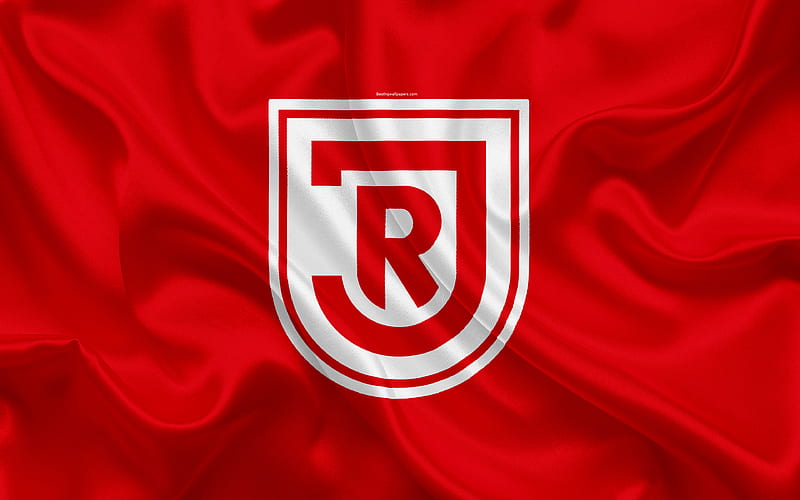Jahn Regensburg FC, a distinguished football club rooted in Bavaria, Germany, has cultivated a rich history as a symbol of resilience, community spirit, and sporting excellence. Known affectionately as “Der Jahn,” the club has journeyed through various tiers of German football, making a notable impact both locally and nationally. This comprehensive exploration delves into the club’s origins, its tactical evolution, standout players, cultural significance, and future prospects mb66.
Origins and Historical Development of Jahn Regensburg FC
Understanding Jahn Regensburg FC requires an appreciation of its deep historical roots, which trace back over a century. The club’s genesis intertwined with local athletic movements aiming to promote physical education and community cohesion game mb66.
The Early Years and Formation (1911-1950s)
The roots of Jahn Regensburg FC can be traced back to 1911 when local sports enthusiasts founded the club under a different name that eventually evolved into its current identity. During the early decades, the club focused on amateur competitions, emphasizing more than just winning—promoting values of teamwork, discipline, and civic pride.
In the post-World War II era, like many European clubs, Jahn faced financial and infrastructural challenges but persisted, gradually building a stronger organizational structure. The 1950s marked significant milestones, including participation in regional leagues, setting the stage for professional ambitions.
Transition to Professional Football & League Ascendancy (1960s-1980s)
The 1960s were transformative for Jahn Regensburg FC, coinciding with the formation of the Bundesliga in 1963. Although Jahn did not initially join the top league, they began competing earnestly in the lower divisions, honing their skills and nurturing local talent.
By the 1970s, Jahn had established itself in the third tier of German football, attracting more supporters and investing in youth development programs. This period saw some of their most passionate matches, fostering a dedicated fanbase that remains loyal today.
The Modern Era: Resurgence and Stabilization (1990s-Present)
The 1990s and early 2000s heralded a new chapter, with Jahn experiencing promotions to higher tiers and facing relegations. Their resilience shone through during times of adversity, such as financial crises or league downturns. A major breakthrough came in 2012 when they ascended to the 2. Bundesliga, marking their return to second-tier football after decades.
